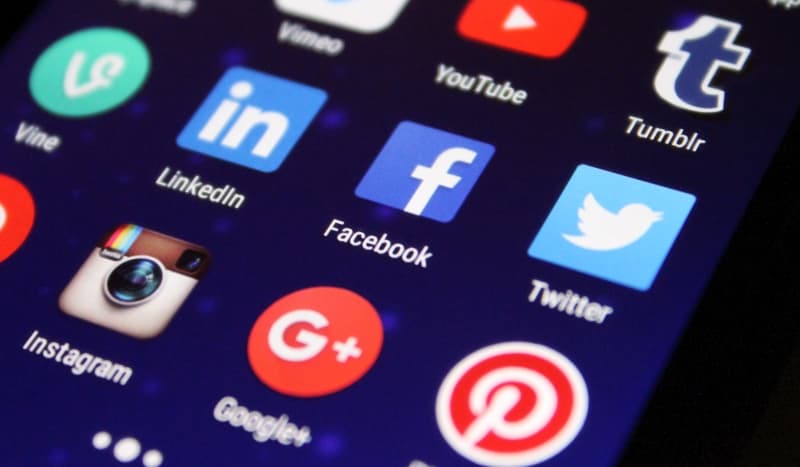Social Media And Mental Health

The Royal Society for Public Health (RSPH) is an independent charity who look at public health issues. In conjunction with the Young Health Movement they have published a report examining the positive and negative effects of social media on young people’s health. YouTube is seen as the most positive with Instagram and Snapchat coming out as the most detrimental to young people’s health.
The Research
The survey involved 1,500 young people aged 14-24 from across the UK. About 90% of young people is the UK use social media. They were asked to score the social media platforms they used and how they felt they impacted on 14 health and wellbeing issues. The 14 issues judged were as follows:
- Awareness and understanding of other people’s health experiences
- Access to expert health information
- Emotional support
- Anxiety
- Depression
- Loneliness
- Sleep
- Self-expression
- Self-identity
- Body Image
- Real world relationships
- Community building
- Bullying
- FOMO - fear of missing out
From this the five most popular sites were given a net average score. They were then ranked from the most positive to the most negative.
The Rankings
YouTube scored the most positive score, followed in order by Twitter, Facebook, Snapchat. The lowest score was given to Instagram. Shirley Cramer the Chief Executive of RSPH has said that both Instagram and Snapchat are very image focused and that may explain why they come out worse for mental health.
The Recommendations
The RSPH are now calling on the government and social media companies to help promote the positive aspects of social media whilst mitigating the negative aspects. Their recommendations include introducing pop up warnings on social media, social media to identify users who may need help and direct them accordingly and for social media to highlight when photos of people have been digitally manipulated. This is often true of fashion brands, celebrities and advertising organisations.
In addition NHS England have been encouraged to come up with a vetting scheme for health and wellbeing information so that young people are better able to judge whether information is trustworthy.
Response Of Social Media Platforms
Instagram says that it does provide the tools and information on how to cope with bullying and warns users before they view certain content. Sites have also pointed to the fact that the report also mentions that Instagram does encourage self-expression and self-identity.
You Might Like
Does Social Media Cause Childhood Depression?
Social media is something many of our children experience every day. But how safe is it and how can we as parents protect our children?The Best Exercise For Mental Health
Exercise is often cited as being crucial for our physical health but it can also be as crucial for our mental health. Discover what physical activities are best for our minds.Why Self-care is Important in Maintaining Healthy Relationships
Debt And Young People
Latest research suggests that almost a third of young people are in debt.Why is this and what can you do to work your way out of debt?How To Get Business Information Online
Business Information Online. We can help you find the business help and advice you need online today.
Useful Websites
- The Institute of Mental Health Law
Specialises in all aspects of the Mental Health Act 1983 and allied legislation, and provides a comprehensive service in legal consultancy, in-house training, assistance with the formulation of polici - Mind Sports Olympiad Web Site
The first annual mental gymnastics held at the Royal Festival hall - Transcendental Meditation Scotland
A simple, natural, effortless mental technique to help improve mental performance, for better physical health and to improve relationships - Mind.org.uk
The Mental Health Charity, works for a better life for everyone with experience of mental distress, offer a huge range of on-line fact sheets and contacts to organisations - National Schizophrenia Fellowship (NSF)
The largest mental health charity in Europe, providing an integrated network of National, Regional and Local services, helping to improve the lives of everyone affected by severe mental illnesses by p - The Young Minds Web Centre
Works to promote the mental health of children and young people, provide a free Parents Information Service for parents who are worried about the mental health or emotional well-being of a child or yo - Add Your Website Here